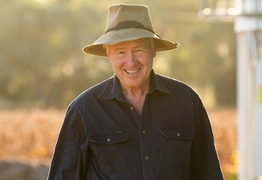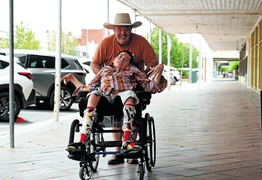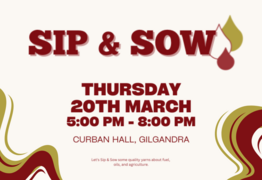Coeliac week - 80% of people undiagnosed
Angie White
15 March 2025, 1:40 AM
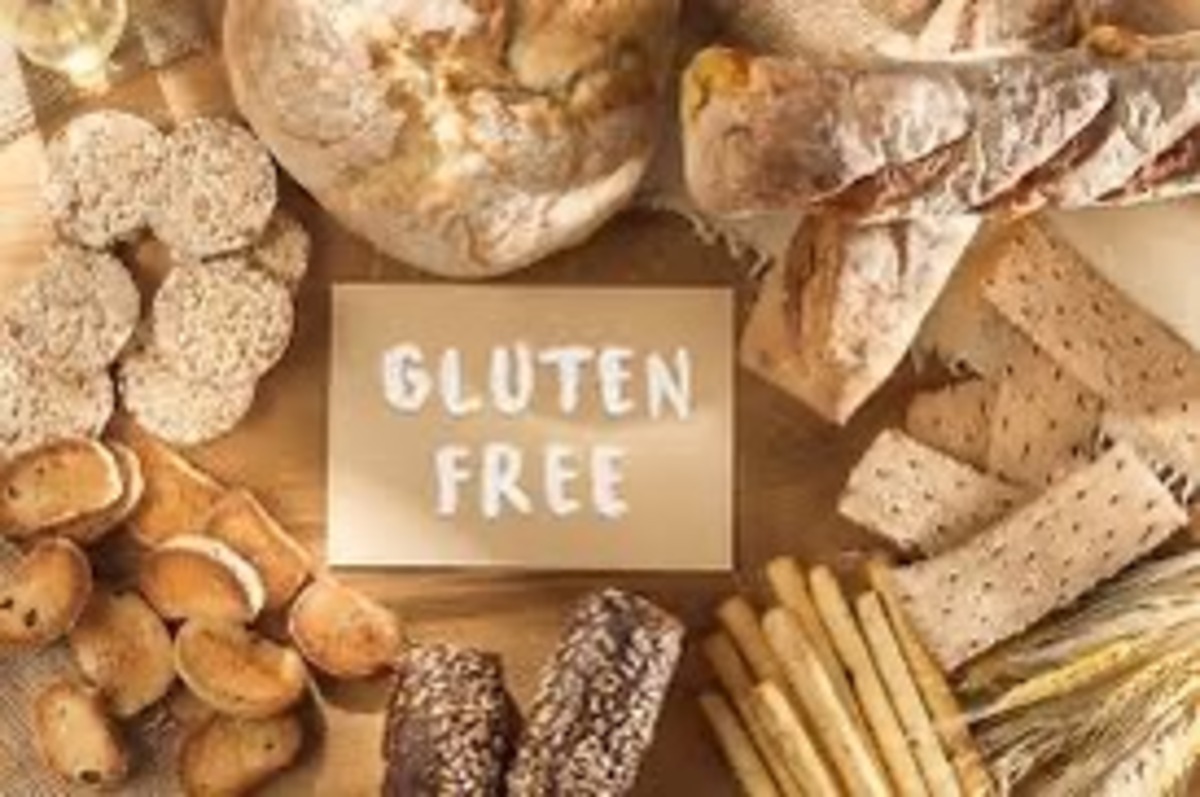 Coeliac week raising awareness this week
Coeliac week raising awareness this weekCoeliac Awareness Week, taking place from March 13-20, aims to highlight the disease through a national education campaign that reveals some concerning statistics.
Coeliac Australia states that up to 80% of Australians with Coeliac disease are undiagnosed, with four out of five people unaware they have it.
They are encouraging Australians to check in with their bodies.
An autoimmune disease, Coeliac damages the small intestine, triggered by eating gluten, a protein found in wheat, rye, and barley and left untreated can lead to chronic health problems including osteoporosis, infertility, liver disease and increased risk of some cancers.
Emily Steer, diagnosed at age 15, initially attributed her thinness to high-performance swimming.
“I was scrawny and constantly eating, which my family thought was just from my exercise regime. My hair was thin, my nails were breaking, and I regularly had a crook tummy, even the teachers at school expressed concerns so mum took me to the doctors.
“I had a myriad of blood tests, and doctors noted my coeliac markers were some of the highest they had ever seen. A follow up endoscopy gave us an understanding of why I was unable to absorb nutrients, attributing it to Coeliac disease."
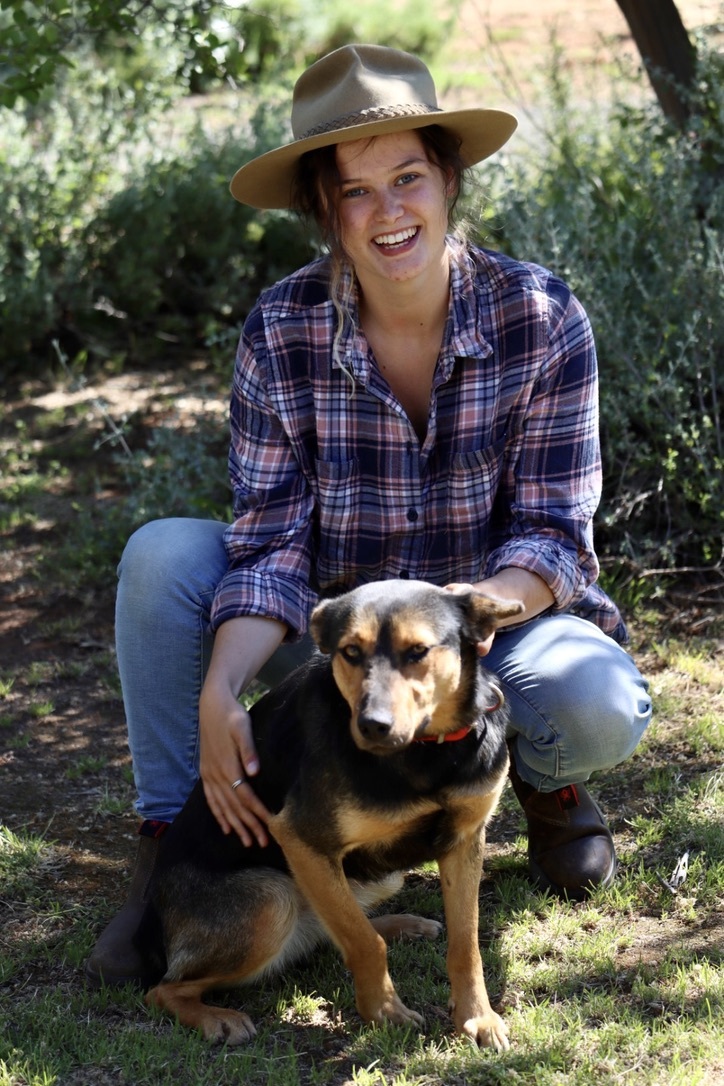
Emily Steer was diagnosed with Coeliac disease at age 15 - Image A. White
“At 27, the most it impacts me is socially, we underestimate how much our social life revolves around eating. Dating and making new friends is stressful as inevitably you’re invited out for dinner and need to field questions about being coeliac," Emily said.
“You must try to politely keep control over where you go to eat or what you’re ok with them cooking for you, while navigating that without sucking all the fun out of spending time with someone new.
“It is all about routine and the people in your life understanding the restrictiveness of the diet. Once you have that down pat, you are set.
“With a switch to a gluten free diet nearly every facet of my health and well-being, including sleep and immunity, improved dramatically,” said Ms Steer.
“Unfortunately, there is a high level of misunderstanding about coeliac disease in Australia,” said Dr. Kim Faulkner-Hogg, Dietitian and Senior Health Advocacy Officer at Coeliac Australia - the peak industry body.

Dr. Kim Faulkner-Hogg, Dietitian and Senior Health Advocacy Officer at Coeliac Australia - Image courtesy Dr Faulkner-Hogg website
“Around one in 70 Australians – or about 400,000 people – suffer coeliac disease,” said Dr Faulkner-Hogg.
“Through campaigns such as Coeliac Awareness Week, we want to try and dispel many of the myths and misinformation surrounding coeliac disease and help the wider community better understand the condition’s causes, treatment and management.
To help increase the diagnosis rate, Coeliac Australia encourages people to use a simple online test available on its website. This tool can help assess whether they may need to visit their GP for further screening tests.
The link can be found on Coeliac Australia’s website.
